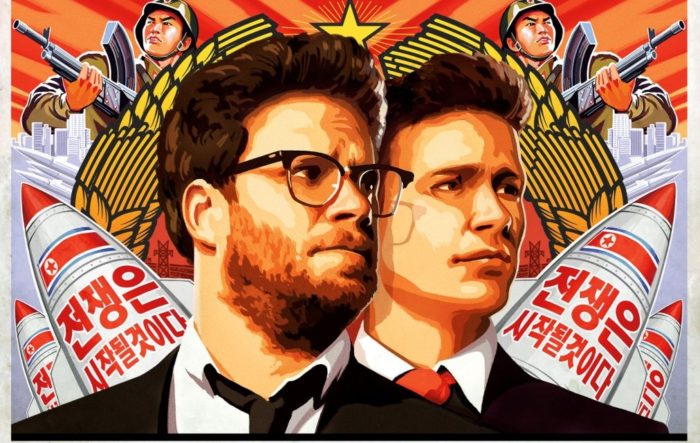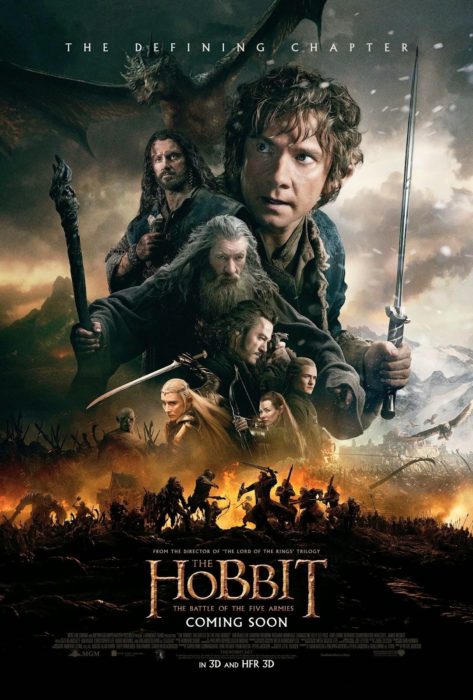
Well my friends, we’ve almost reached the end of another year that seemed to fly by fast, but less so when you think about whatever bullshit you were doing back in March. And perhaps more than most years, for me 2014 was filled with some admittedly low lows, as well as a few satisfyingly high highs. In a word, it was just another year of the seemingly endless tug-of-war that is being in your 20’s. And I’m sure like a lot of people, I always had those select few album that I keep in my back pocket to help me get through any given year. And more than I can remember in years past, Andrew W.K.’s I Get Wet was there to remind me to never stop rockin’ and that there’s no reason why we can’t aspire to punch life in the face with a fist full of awesome.
Another more obvious reason that it seemed like a good time to talk about I Get Wet is the fact that tomorrow is New Year’s Eve, which of course is a time to party in which most of the population will choose to party hard. I would go as far as to say that I Get Wet might be the Citizen Kane of party rock albums, as it exudes a very pure embrace of everything excess, but with none of the sleaze that a lot of Andrew W.K.’s hard-partyin’ forbearers embodied. Instead, what we get with W.K. is a perpetually sweat-drenched buddy we can count on, who’s capable of music that’s somehow loud and abrasive enough to get your heading banging, but melodic and sugar-coated enough that you can’t help but sing (or shout) along with.
I suppose if you were to find fault in this album — which, come on man, don’t be a dick — you could argue that upon first listen, every song on I Get Wet sounds exactly the same. In fact, I think that’s the reaction I had back around the time of this album’s release when I noticed a stunning resemblance of I Get Wet’s second single “She Is Beautiful” to it’s first single, the immortal “Party Hard”. But I think this album’s unrelenting adherence to it’s own awesomeness is what makes it so easy to return to, since you can occasionally zero in on different songs that inhabit some different aspect of Andrew W.K.’s “all everything all the time” aesthetic. I know the song I’ve been taken with recently is “Got To Do It”, whose refreshingly on-the-nose chorus goes “When you’re down on your luck, you gotta do it / ‘Cause you can’t get enough, you gotta do it / You never give up, you gotta do it / You gotta do all the stuff that you love.” And with that I implore you all to never stop living in the red and to keep doing all the stuff that you love in 2015.
Favorite Tracks: “Party Hard”, “Got To Do It”, “Don’t Stop Living In The Red”









